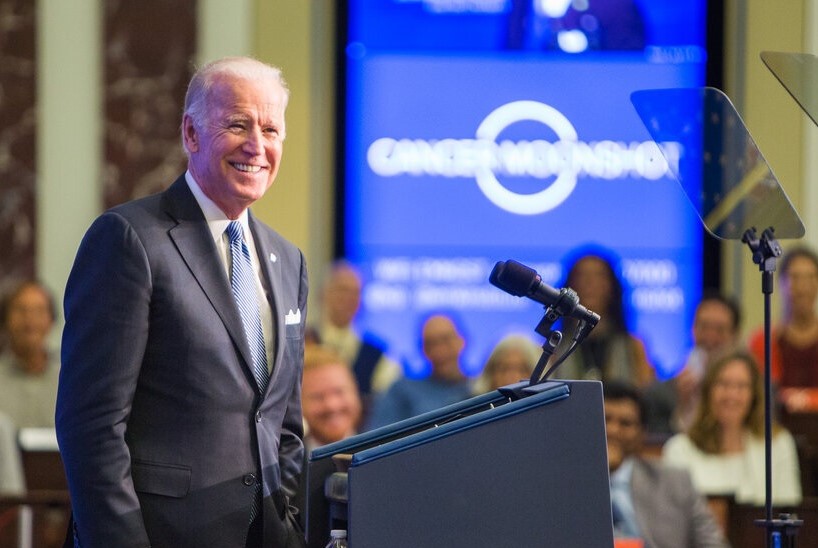According to the International Press Agency Reuters, President Joe Biden’s administration, under pressure from labor unions and U.S. senators including from his home state of Delaware, is considering ways to provide relief to U.S. oil refiners from biofuel blending mandates, three sources familiar with the matter said.
The issue pits two of the administration’s important political constituencies against each other: blue-collar refinery workers and farmers who depend on biofuel mandates to prop up a massive market for corn. It could prompt an about-face for the administration, which had been rolling back former President Donald Trump’s dramatic expansion of waivers for U.S. refiners from the Renewable Fuel Standard.
Biofuel blending mandates and Renewable fuel credits
The law requires them to blend billions of gallons of ethanol and other biofuels into their fuel each year or buy credits from those that do. The credits, known as RINs, are currently at their highest price in the program’s 13-year history, and refiners have said the policy threatens to bankrupt fuel makers already slammed by sinking demand during the pandemic.
Biofuel advocates counter that fuel makers should have invested in biofuel blending facilities years ago and can pass through added costs for buying credits.
Renewable fuel credits traded down 15% on Friday morning after the news. Credits traded at $1.70 each, down from $2.00 on Thursday, traders said. Prices later traded at $1.85 each.
US refineries in crisis: is help coming from politics?
Democratic senators Chris Coons and Tom Carper of Delaware have held at least two discussions in recent weeks with Michael Regan, head of the U.S. Environmental Protection Agency, to discuss providing relief for refiners, according to the three sources.
Coons and Carper were seeking to help the state’s lone refinery, a plant in Delaware City with a capacity of about 180,000 barrels per day. Their requests added to a chorus of pleas from other states hosting refineries, including Pennsylvania, Texas and Louisiana.
In the meetings, Regan and the senators discussed options like a nationwide general waiver exempting the refining industry from some obligations, lowering the amount of renewable fuel refiners must blend in the future, creating a price cap on compliance credits, and issuing an emergency declaration, two of the sources said.
Nick Conger, an EPA spokesperson, confirmed Regan had met with the senators but did not comment further on the discussions or confirm whether the agency was looking at ways to provide relief to refiners. Coons did not respond to a request of Reuters for comment.



